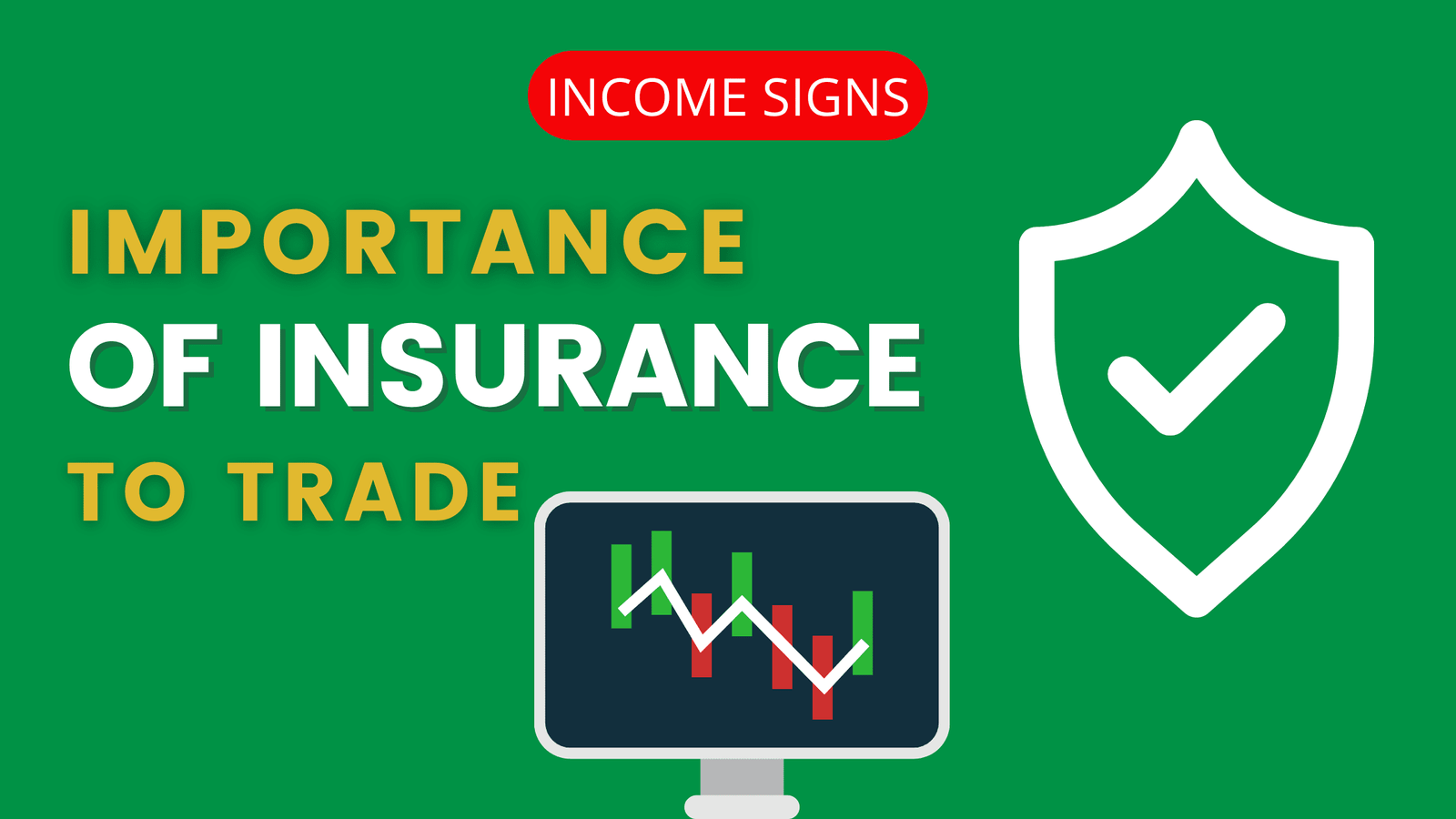Importance of Insurance to Trade:
Insurance plays a vital role in the smooth functioning of international trade activities
Insurance enables traders and businesses to transfer risk associated with the sale of goods and services across borders, by protecting against loss due to fire, theft, or any other unforeseeable risks
This protection allows parties to conduct business confidently knowing that if an unexpected event should occur, they are not left with a large financial burden
Thus, insurance is essential to the stability of international trade and commerce
In this article, we will discuss how important insurance is to global trade and why it cannot be overlooked when conducting business across borders.
We will also examine different types of insurance available for international trade, such as marine insurance, cargo insurance, and political risk insurance, and explain how they work to protect businesses against financial losses
Finally, we will discuss the role of international regulatory bodies in facilitating trade among countries, such as the World Trade Organization (WTO), which is responsible for setting standards in global trade policies.
By taking a closer look at the importance of insurance to international trade, we can better understand the complexities associated with conducting business across borders and how insurance can protect against financial loss in these cases.
Types of insurance available for international trade
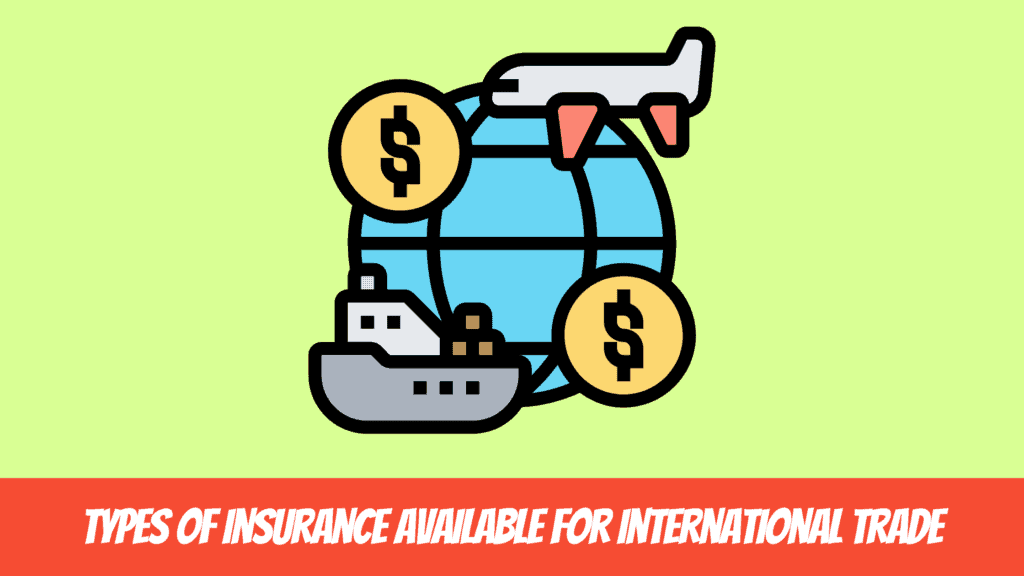
Marine Insurance
Marine insurance is a type of insurance that protects businesses against financial losses that can occur as a result of damage to goods while they are in transit by sea.
This type of insurance covers both the physical damage to the goods as well as the loss of income that can occur if the goods are delayed or destroyed.
Marine insurance is therefore an essential type of protection for businesses that engage in international trade by sea.
Cargo Insurance
Cargo insurance is a type of insurance that protects businesses against financial losses that can occur as a result of damage to goods while they are in transit by any mode of transport (not just by sea).
This type of insurance covers both the physical damage to the goods as well as the loss of income that can occur if the goods are delayed or destroyed.
Cargo insurance is therefore an essential type of protection for businesses that engage in international trade by any means (not just by sea).
Political Risk Insurance
Political risk insurance is a type of insurance that protects businesses against political risks, such as war, civil unrest, and expropriation (when a government seizes private property for public use).
This type of risk is particularly relevant for businesses that operate in developing countries or unstable regions.
Political risk insurance is therefore an essential type of protection for businesses that engage in international trade in these types of areas.
The Importance of International Regulatory Bodies in Facilitating Trade
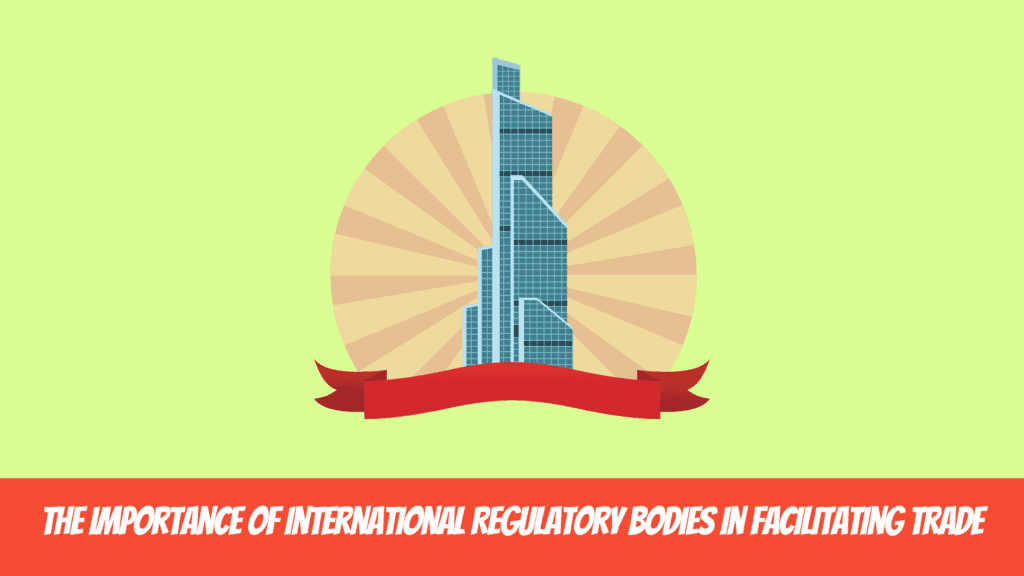
The WTO is responsible for setting standards in global trade policies
Among other things, this includes negotiating trade agreements between countries, resolving trade disputes, and providing a forum for discussing trade-related issues
In short, the WTO makes international trade possible by ensuring that there is a consistent set of rules that everyone has to follow.
The WTO and International Trade Agreements
One of the most important roles of the WTO is negotiating trade agreements between countries
These agreements establish the rules of international trade, including things like tariffs, quotas, and subsidies
They are also designed to reduce barriers to trade so that businesses can operate more freely in foreign markets.
The most well-known trade agreement negotiated by the WTO is the General Agreement on Tariffs and Trade (GATT), which was first signed in 1947
The GATT was updated several times over the years, most notably with the Uruguay Round negotiations in 1994
These negotiations resulted in the creation of the WTO, as well as a new set of trade rules known as the Agreement on Trade-Related Aspects of Intellectual Property Rights (TRIPS).
The Dispute Settlement Process
Another crucial role of the WTO is resolving trade disputes between countries
When a country feels that another country is not following the rules laid out in a trade agreement, it can bring its grievance to the WTO’s Dispute Settlement Body (DSB)
The DSB then hears both sides of the argument and decides whether or not there has been a violation of WTO rules
If they find that there has been a violation, they will rule in favor of the complainant and order the offending country to change its policies.
The DSB’s decisions are binding, which means that countries have to comply with them or face punishments from the WTO
This dispute settlement process helps ensure that all countries play by the same rules when it comes to international trade.
The Complexities Associated with Conducting Trade Across Borders
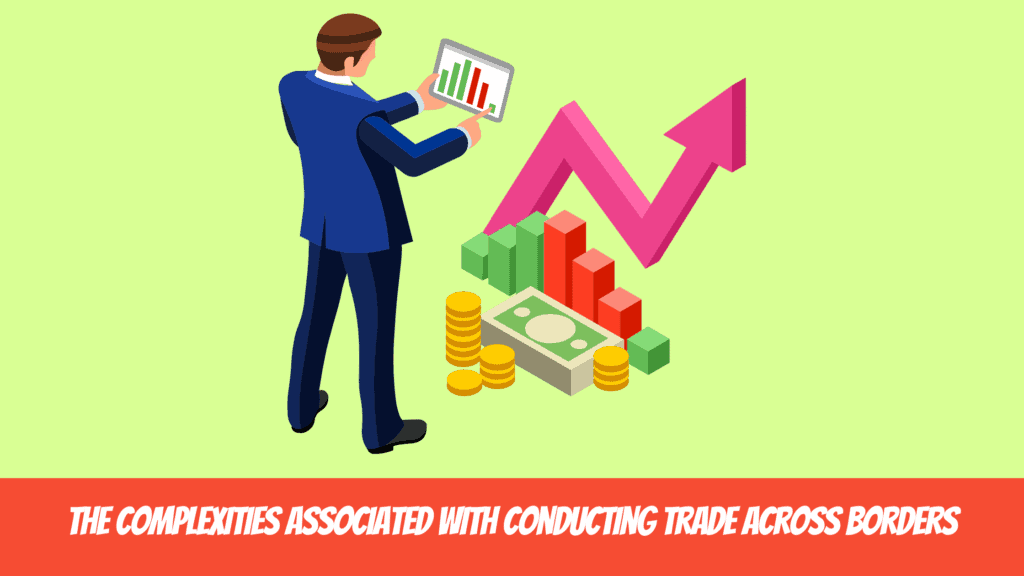
Conducting trade across borders comes with a unique set of challenges, from managing currency risk to complying with local regulations.
Here are five of the most complex issues associated with conducting business internationally.
Currency Risk
When conducting business in foreign markets, companies are exposed to currency risk—the risk that changes in exchange rates will adversely affect the profitability of their cross-border transactions.
To mitigate this risk, companies can enter into forward contracts with foreign exchange dealers, which allows them to lock in an exchange rate for future transactions.
Compliance with Local Regulations
Companies doing business internationally must also comply with a host of local regulations, which can differ significantly from country to country.
For example, certain countries require businesses to obtain import/export licenses before they can begin trading goods and services across borders.
Cross-Border Taxation Issues
Another complexity associated with conducting business internationally is dealing with cross-border taxation issues.
Companies must carefully consider how their profits will be taxed in both the home country and the host country—and structure their transactions accordingly to minimize their overall tax liability.
Language Barriers
Managing cross-border communications can be difficult due to language barriers.
This is often an issue when companies try to launch marketing campaigns in foreign markets without first adapting their materials to the local culture and language.
Different Time Zones
Finally, businesses must contend with different time zones when managing international operations. This can make coordinating conference calls and other meetings quite challenging—and lead to frustration on both sides if not managed properly.
5 Importance of Insurance to Trade
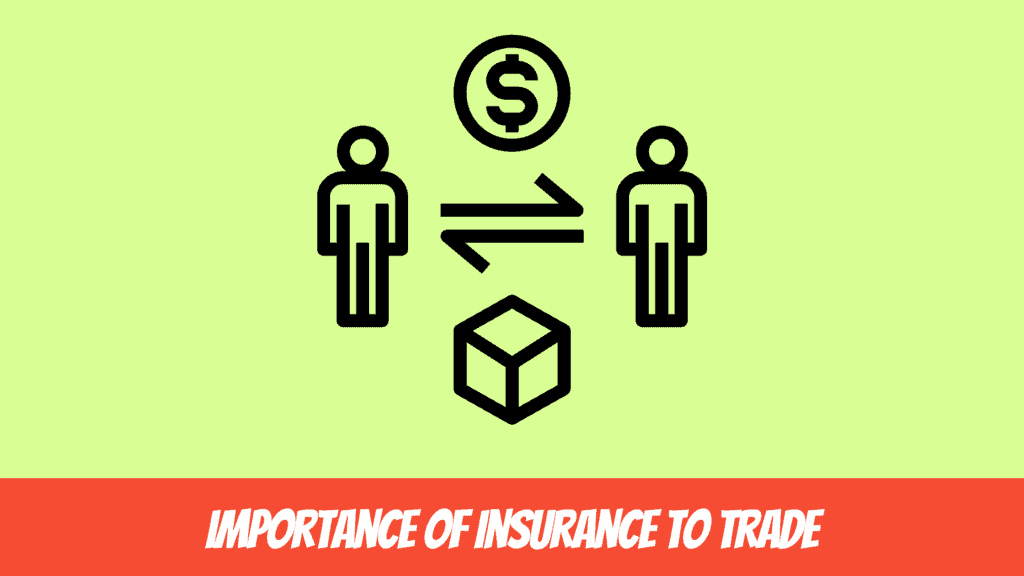
As a trader, you are always looking for ways to minimize risk and maximize profit.
One way to do this is to ensure your trade. Here are the five importance of insurance to trade.
Insurance Protects Your Trade from Unforeseen Circumstances.
No one knows what the future holds, and as a trader, you must be prepared for anything.
By ensuring your trade, you are protecting yourself from any potential losses that might come as a result of unforeseen circumstances beyond your control.
This could include anything from political unrest in the country you are trading with to natural disasters.
Insurance can cover expenses incurred as a result of a trade dispute.
In the world of international trade, disputes are not uncommon.
If a dispute arises, you could be faced with expensive legal fees and other associated costs.
By ensuring your trade, you can rest assured knowing that these costs will be covered if a dispute does arise.
Insurance can provide peace of mind.
Trading can be a risky business, and there is always the potential for something to go wrong.
By ensuring your trade, you can have peace of mind knowing that you have taken steps to protect yourself and your business.
This peace of mind is invaluable and can help you stay focused on what is important – making profitable trades.
Insurance can help you secure financing.
When applying for financing to fund your trading activities, lenders will often require that you have insurance in place.
This is because insurance provides them with some protection in case something goes wrong with the trade.
Without insurance, it may be more difficult to secure financing for your trading activities.
Insurance can give you an edge over your competitors.
In today’s competitive world of international trade, every advantage counts.
If your competitors are not insured, they may be at a disadvantage if something goes wrong with their trades.
By having insurance in place, you can give yourself an edge over your competition and increase your chances of success.
Conclusion
As a trader, it is important to remember that anything can happen at any time – both good and bad
By ensuring your trade, you are taking steps to protect yourself from potential losses that might come as a result of unforeseen circumstances beyond your control
While nothing can completely eliminate risk, insurance can help reduce it and give you peace of mind so that you can focus on what is important – making profitable trades.
I hope this article has provided you with a better understanding of the importance of insurance to trade, as well as the complexities associated with conducting business across borders
By learning how to navigate these challenges, you can help ensure that your international operations are successful and profitable.
So don’t forget to insure your trades – it’s one of the most important steps you can take to protect your business and secure future success.
Thank you for taking the time to read this article!
Learn More:
